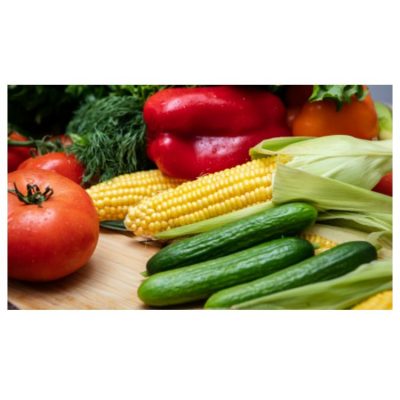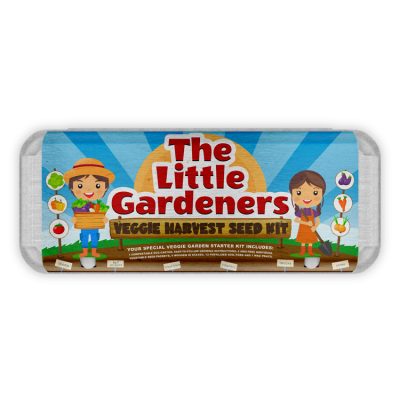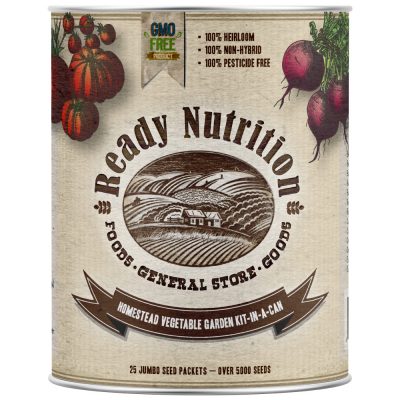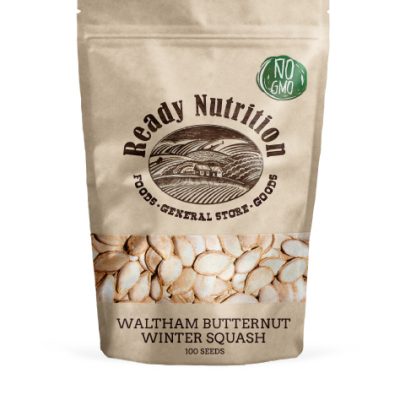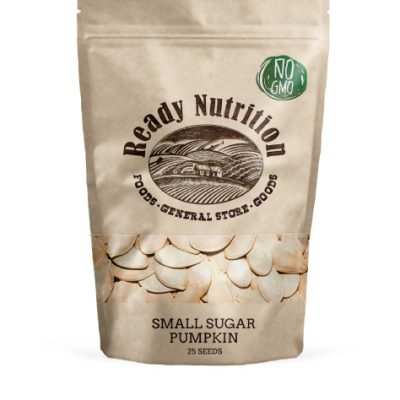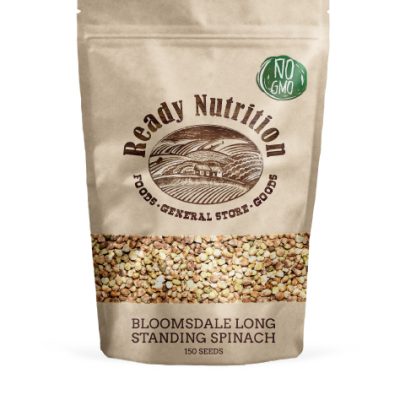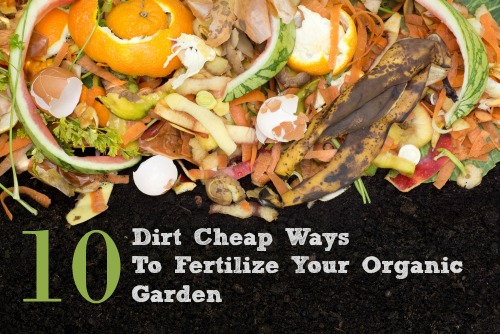
One gardening trick to understand is that earthworms in the garden are your greatest ally. Not only will plants benefit from your homemade fertilizers, but earthworms will be attracted as well and will reward you by naturally aerating the soil, adding moisture to the soil and creating earthworm castings. Many of the following items will attract earthworms to the garden and in turn, you will reap more benefits.
To create the perfect food for your plants, they need three main components: nitrogen, phosphorus, and potassium.
Nitrogen: Promotes leaf growth.
Phosphorous: Stimulates root growth.
Potassium: Aids flower and fruit development.
Micronutrients: Small amounts, including calcium, sulfur, magnesium, zinc, and iron assist in giving the plants a well-balanced nutrient source.
What These Items Will Do For Your Soil
When nutrient-rich items are continually added to your soil, a healthy ecosystem occurs. Earthworms start to appear and macro and micronutrients will build up in your soil boosting your plant’s overall health. These types of nutrients are often absent in synthetic fertilizers. In addition, organic materials will decompose slowly and, in turn, releases nutrients more slowly. This will ensure your plants (and beneficial earthworms) will have an ongoing supply to feed upon. Once the food items have properly decomposed, the moisture retention of the soil will increase so you don’t have to water as often.
If you love to make your own compost, another way to do this is by adding the items to your compost pile and allowing it to compost down over the time. This will attract earthworms to help the process along. I like to feed my earthworms these items in an earthworm bin to get fresh compost on a monthly basis, but either way is fine.
Keep these composting tips in mind when adding your homemade fertilizer materials.
10 Dirt-Cheap Ways to Fertilize Your Organic Garden
Most Americans produce a lot of household waste and throw it away rather than using that trash to benefit your garden. Here are 10 household items you can use to create well-balanced fertilizer to help your garden grow.
- Banana Peels – Banana peels are a superfood for the garden. They are rich in potassium, phosphorus, calcium. One way you can use banana peels is by making a rich tea from them. Chop up banana peels throughout the year and freeze them in a gallon freezer bag. When you are ready to use it, simply add it to a large bucket filled with water and allow it to sit for a few days to release the nutrients. Then, water plants as usual. Chopped peels can also be added directly to the garden for a slow release fertilizer. Another option is to dehydrate the chopped peels and then pulverize them in a food processor. Then, sprinkle the peels as you would regular fertilizer.
- Bones – Bones from last night’s dinner can be dried out and pulverized to be used as a bone meal for the garden (make sure all the meat is off the bones). Once the bones have dried out, they can be thrown into the compost pile or put directly into the garden for a fertilizer. This provides plants with phosphorus and calcium.
- Coffee Ground and Tea Bags – These make a great medium for your soil, or can be fed to earthworm in the compost pile. Coffee grounds add potassium and nitrogen back to the soil, so it’s good to spread it around in the garden. If you are a tea drinker, you can place the entire tea bag into the ground or break open the tea bag and sprinkle the tea leaves around the plant for a well-rounded approach.
- Crushed Eggshell – Eggshells are approximately 96% calcium. When used as fertilizer, they help to strengthen cellular structure and transport of nutrients in your plants. As well, tomatoes perform well when given extra calcium once their fruit has set.
- Epsom Salt – Epsom salts are not just for soaking sore muscles. This salt type has two important elements that plants need to maintain optimum health. Magnesium plays a vital role during photosynthesis and is required by plants for the proper functioning and the sulfur aids plants with several functions including blossom production, root growth, and the formation of chlorophyll. Many gardeners add a small amount of Epsom salt when first transplanting small plants to reduce shock. A foliar spray can also be made to assist plants. Mix a tablespoon of Epsom salts with one gallon of water and apply to garden plants as a foliar spray once every two weeks. When feeding roses, use one tablespoon of salts per foot of the plant’s height mixed in a gallon of water.
- Fish – If you are an avid fisherman, keep all the fish bits like guts, heads, and bones and make a fish emulsion from them. Add 1 part fish to 2 parts water in an airtight container, and place it a sunny spot far from your house (because it’ll stink). Stir every two days as the soup cooks; in about two weeks, apply to your garden soil at 3 gallons/100 square feet.
- Newspaper – Shredded newspapers is a great way to retain moisture in the soil, and creates a natural mulch to protect roots. As well, earthworms will be attracted to it and make a bed in it. In addition, the newspaper will also minimize weed growth in the garden so your plants can receive all the nutrients.
- Pee – That’s right, folks. Your urine can be used to grow your plants. Urine is rich in nitrogen, potassium, and phosphate, which is a well-balanced meal for plants. It must be diluted to 1 part urine to 10 parts water so that the nitrogen doesn’t burn the plant. This is a great soil amendment for leafy greens, cabbages, cucumbers, tomatoes, and roses. Storing in closed containers for a couple of weeks is also a good way to kill off any potential pathogens if someone in the family has been sick.
- Water from Fish Tanks – Used water from freshwater fish tanks is full of nitrogen and trace nutrients that can improve your garden’s health. Remember, this only applies to fresh-water tanks. You can even use the water to make a compost tea to really amplify the benefits!
- Wood Ashes – I want to emphasize these ashes should be made from natural wood, not the chemical logs you buy at the store. Natural wood ash is a great source of calcium, potassium and mineral-rich dust. It strengthens plants that love calcium, such as tomatoes, vineyards, beans, spinach, peas, avocados, garlic, and even rose bushes. Add 1/4 cup ash before planting, It can also be sprinkled on plants to help winterize them before frosts. Animals hate ash. You can rid your garden of insects and various parasites, such as ants, slugs, and snails. You can also use it as a natural desiccant to keep your seeds dry.
Here’s a quick tip! Take these items and pulverize them in your food processor or blender for a few seconds. The smaller bits will decompose faster and will be easier for the earthworms and plants to access.
It should go without saying, but shredding leaves are also a great way to add nutrients to the garden. Leaf mulch is highly prized in organic gardens. As well, if you own livestock, add their manure to your garden or make a rich compost tea with it! Their manure is an abundant source of nutrients for your plants. Livestock manure is one of the leading soil amendments and preferred by most organic gardeners. You can read more about that in this article.
The next time you go to toss one of these items in the trash, consider feeding it to your garden instead. What organic gardening tips can you offer our readers?

